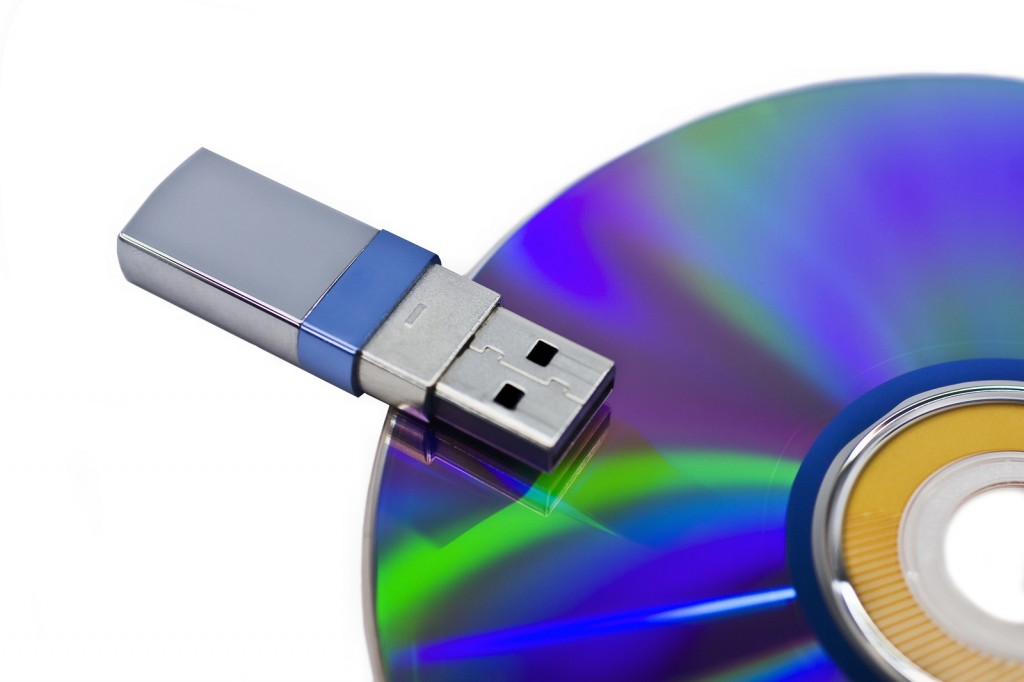When asked this question, do you instantly panic because you don’t have one? Or do you wonder if your current strategy is sufficient? If you have a computer and almost everyone does these days, you need to have a data backup plan.
Whether it’s for a home or business computer, you still need a backup plan. Your home computer will have important personal information and family photo albums that you wouldn’t want to lose. Of course your business computer is pretty much the life support of your business with vital inventory, sales, vendor, client and personnel information.
In many cases, lost data can be recovered but it is often very time consuming and costly. And in some cases, it is lost forever. For personal or business data, this could be catastrophic. There are different types of data backup methods though some may be insufficient for business data backup.
CD and DVD Data Backup
While this method is a bit old school, it is probably still sufficient for small scale personal use. Files and photos can be burned to CDs or DVDs. This method can take a little time and each disk has limited space. If you have a lot data to store, this method will quickly become cumbersome and inconvenient.
You may want to consider a more up to date method of data backup. CD and DVD burners are becoming less common. With the volume of personal data we compile today, the limited amount of space on each disk could lead to your own personal library of CDs or DVDs.
Flash Drive Data Backup
A flash drive is a more current alternative for backing up personal data. Portable and convenient, these small devices have evolved and some models have a 256GB capacity. The flash drive simply plugs in to a USB port on your computer and data is easily copied to the device.
With a larger capacity and the lack of CD and DVD burners in many computers, the flash drive is a better backup option for personal data.
External Hard Drive Data Backup
This device functions similar to the flash drive but with a much larger memory. Basically the same as the hard drive in your computer, it connects to your computer through a USB port, a FireWire connection or wirelessly.
In most cases, an external hard drive will be more than sufficient for personal use and could be a good data backup option for a small business. Some models have an 8TB capacity.
Cloud Data Backup
Cloud backup, also known as online backup, is a data backup plan that involves sending a copy of the data over a proprietary or public network to an off-site server. Typically hosted by a third-party service provider, a fee is charged for the service based on capacity, bandwidth or number of users.
This method of data backup provides easy accessibility as well as the ability to archive data and disaster data recovery. Third-party cloud backup has gained popularity for personal and small business use because of its convenience.
For businesses with large amounts of data, environments with limited network connectivity or data that changes frequently traditional backup methods that use local disk and tape, with tape transport off-site are more appropriate.
Multiple Data Backup Methods
It is always advisable to have more than one backup method in case one fails. A disk or flash drive can become lost or damaged, an external hard drive can fail and if the internet is down a cloud based backup system will not be able to be accessed.
Without proper data backup and recovery procedures in place, your data can fall prey to malicious attacks and system failures. Whether you’re looking for a backup plan for personal or business data, BayCCS can assist you in deciding on data backup plan. Contact us for data backup and recovery services specifically designed to safeguard your valued information.

